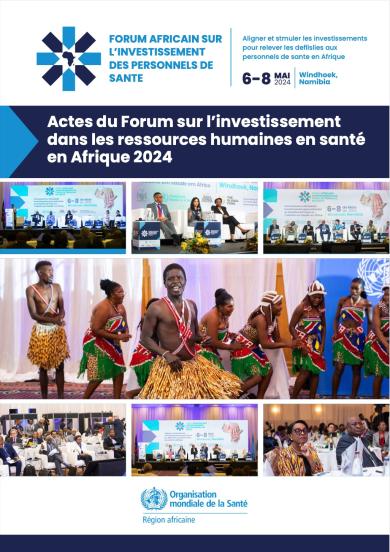Countries in the African Region are facing many challenges in financing their health systems and health services.
- The level of financing for health in many countries remains inadequate compared to resource requirements to provide essential services and make progress towards UHC. In particular, public financing for health is significantly less than what national government have committed to, such as the Abuja target to allocate at least 15% of national budgets to health.
- Progress in increasing financial protection remains suboptimal, and out-of-pocket expenditures remain a significant source of health spending in many countries. Millions are pushed into poverty annually due to health expenses and out-of-pocket direct spending accounts for 25% or more of current health expenditure in more than half of countries in the Region.
- With the Region having the largest number of low-income countries, there is continued reliance on external funding which threatens sustainability of health outcomes
- Despite the tight fiscal space, many health systems still function inefficiently, with health outcomes that are not commensurate with the levels of funding.
The capacity of many countries to expand fiscal space is limited, hence the need for a greater focus on improving efficiency and to explore innovative funding mechanisms



